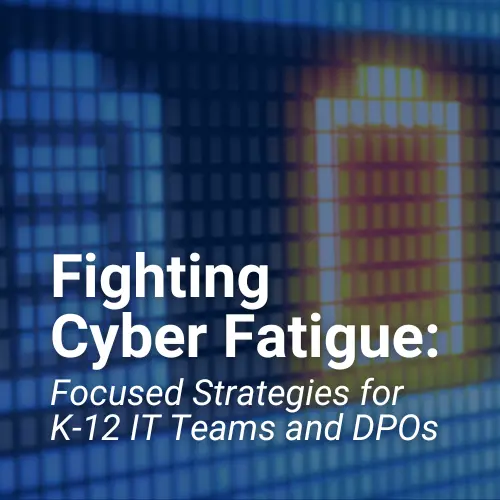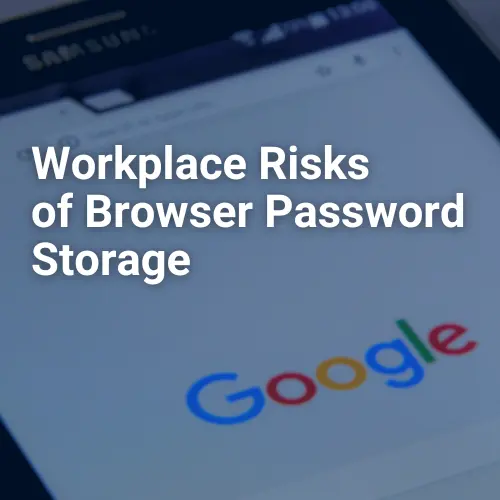Third-party apps—we all use them, but do you really know the security concerns surrounding them? Many of them request access to your personal information. This includes access to your location, photos, contacts and messages. What’s worrisome is that these apps can be vulnerable to digital snoops, data breaches, and real-world thieves.
The recent trend towards encouraging employees to either bring or purchase their own device has not only brought masses of new devices on to the networks, but has also created significant security challenges for corporate IT departments who are already swamped. The Ponemon Institute’s 2016 State of the Endpoint study indicates that mobility and third-party apps pose one the greatest security risks to businesses. To deal with those risks, organizations are shifting their focus to securing the data. One way they are doing this is through secure mobile app activations.
Consumers should be concerned that all of their personal data that now resides on their smartphones—contacts, bank account numbers, emails and so on—will fall prey to identity thieves and crooks. The risk for corporations is even higher since mobile devices are being integrated into the office environment and are used to access sensitive company information, customer records and valuable intellectual property.
Whereas many people think that their phone being compromised would never happen to them, it’s only too easy for a stolen device with unencrypted data stored on it to be used by the thief to access the person’s private data. Or for malware on a mobile device forwarding the username and password stored in a banking mobile application to hackers, which could then result in loss of financial data.
Your smart phone holds a great deal of personal information in a single place, making the job of fraudsters very easy. Just from your social networking profile, it might not be hard for them to discern who you bank with, where you’ve recently made transactions, the names of your family and to glean other details from emails or other documents.
Steps to Secure Yourself
Choose the right platform for your business. Some Android-based operating systems are viewed as secure, but Android and Windows as a whole are more vulnerable to cyberattacks. However, individual consumers are generally more concerned about features and price, Android has primarily made headway with those users. Since Apple maintains a greater level of control over its ecosystem and provides built-in security features with iOS, businesses may feel safer sticking with iPads and iPhones.
Think before you download. If your phone allows you to run applications downloaded from the Internet, make sure you understand the risks that your personal information can be breached if the permissions for mobile applications are not setup properly. Most smart phones allow you to control your personal information accessed by the mobile applications by choosing permissions at the time of installation. Always read permission requests before installing new apps or app upgrades, looking for unusual requests. And never download an app that appears questionable or isn’t from a reputable vendor.
Don’t collect or keep data you don’t need. For example, if a photo-editing app doesn’t require access to a user’s contact info, don’t allow it. Remember that data you don’t collect is data you don’t need to worry about protecting.
Reach out to us today to learn how we can help keep your information secure, 315-338-0388 or info@mapolce.com



